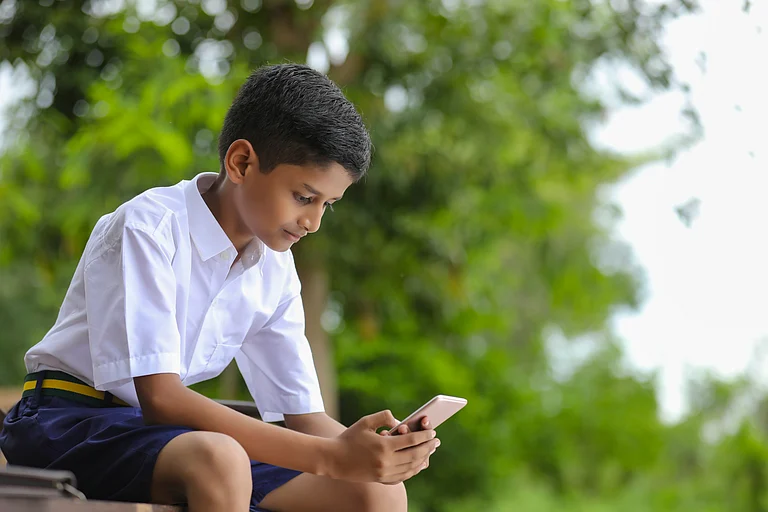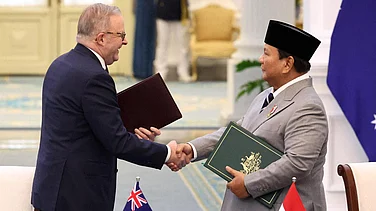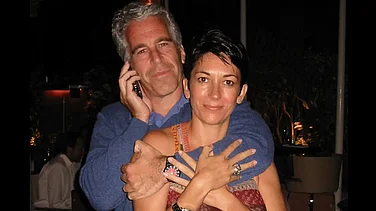Australia has announced its plan to ban children from using social media and its various platforms. Taking to X, Prime Minister Anthony Albanese announced that the government will be working towards setting a minimum age requirement for children to use social media.
In a message for "all the mums and dads", the Australian PM said that the legislation will work towards banning children from social media by setting a minimum age requirement.
This ban would extend to social media platforms such as Facebook, Instagram and TikTok. As per the Australian government, this legislation is expected to be passed and implemented by the end of 2024.
What Is The Legal Process?
The first part of setting up a legislation would be to launch an age verification trial to determine the age limit.
The age limit will be finalised likely by the end of October. As per reports, the limit is expected to be either 14 years of age or 16 years.
After various discussions and deliberations, the legislation will be presented before the Australian parliament and hopefully masked by the end of this year.
This legislation comes after the South Australian local government announced draft laws to force social media companies to ban children 13 years old or younger or face fines.
Why Is Australia Considering A Ban On Social Media For Children?
"I want to see kids off their devices and onto the footy fields and the swimming pools and the tennis courts," stated Albanese, adding that " we want them to have real experiences with real people because we know that social media is causing social harm".
In an interview with the Australian Broadcasting Corporation, Albanese stated that the evidence gathered by various researchers shows that "early access to addictive social media is causing our kids harm".
Stating that the impact of social media on children is no different than cigarettes or alcohol, the government will work towards ensuring the legislation is introduced as soon as possible.
Currently, in Australia, most social media platforms or adult websites simply require a user to tick a box to verify that they are over a certain age.
Despite social media platforms having certain age limits set for new users (For instance - Instagram's age limit is set at 13 and Facebook's is 14), many submit a fake date of birth in order to gain access to the platform.
Impact Of Social Media On Children
With the coming of the COVID-19 pandemic, social media use by tweens (ages 8–12 years) and teens (ages 13–18 years) rose faster than before the pandemic. As per a study by Common Sense Media, it was found that children of ages 8 to 12 years old spend an average of five and a half hours a day on screens, consuming media. This rate increased to eight and a half hours a day for teenagers.
While social media helps bridge the gap between worlds, the prolonged use of such platforms has proven to harm mental health and physical health, especially for children.
From body image concerns to an increased risk of depression and declining physical state, governments across the world are working towards limiting the use for children.
Have Age Bans and Limits Worked?
Many countries have imposed age bans for the use of social media platforms, but not all attempts have been successful.
For instance, in 2011, South Korea imposed a "shutdown law" to address online gaming addiction and imposed a ban on children below 16 accessing gaming websites after midnight. However, many children found a loophole and started to use their parent's accounts to continue gaming.
In 2015, the European Union introduced legislation which would ban children under 16 from accessing online services, such as social media, without parental consent. However, this legislation was considered controversial as it would "violate children’s rights to expression and access to information."
However, after the EU adopted the Digital Services Act (DSA) in 2022, many countries in the continent have imposed age limits. For instance, in France, teens under 15 can only access social media platforms if they have been authorised by a parent or guardian.


























